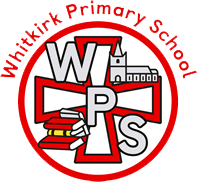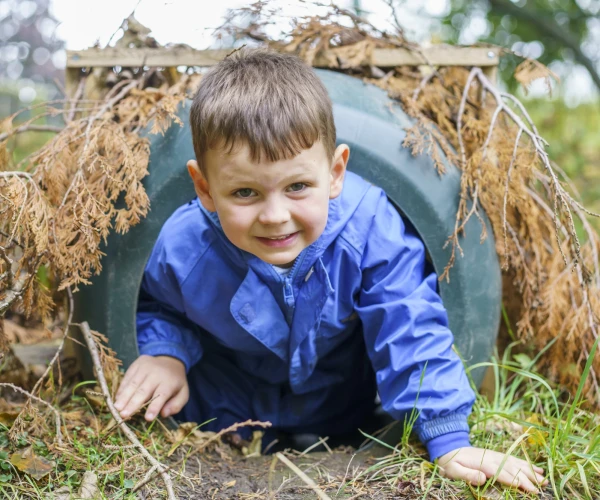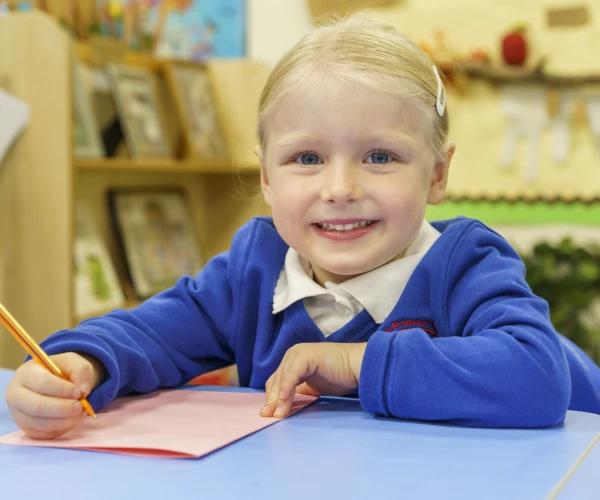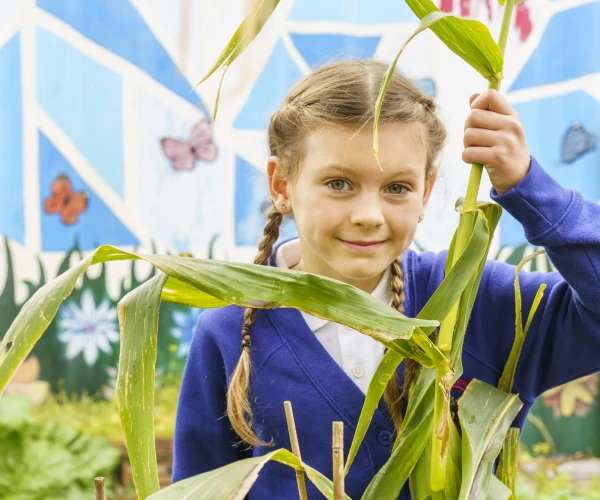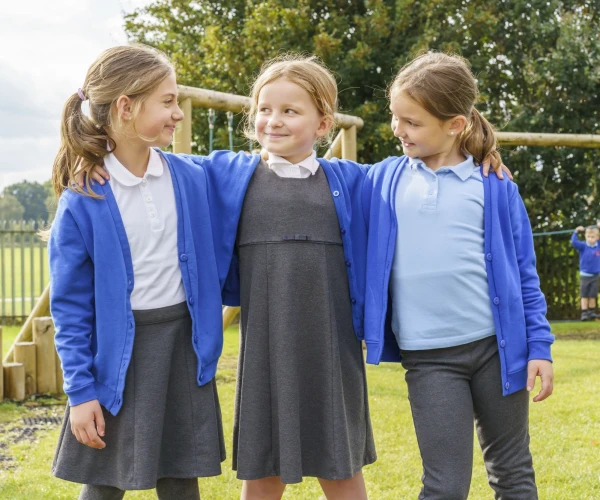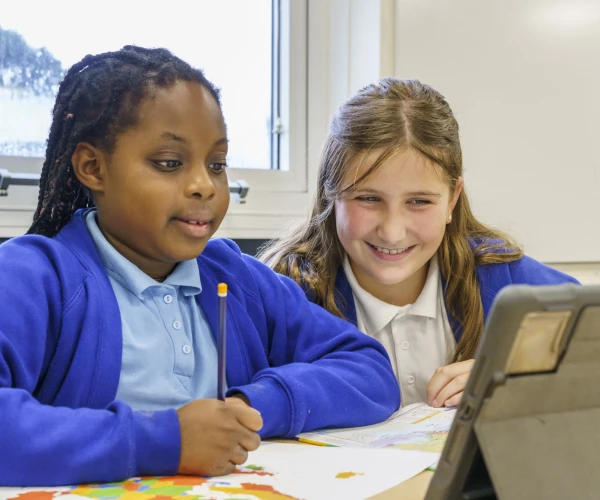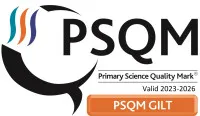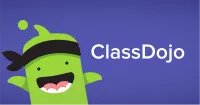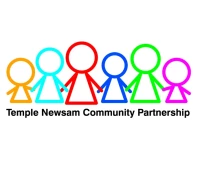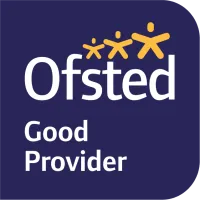Intent, Implementation & Impact
‘To be the best that we can be.’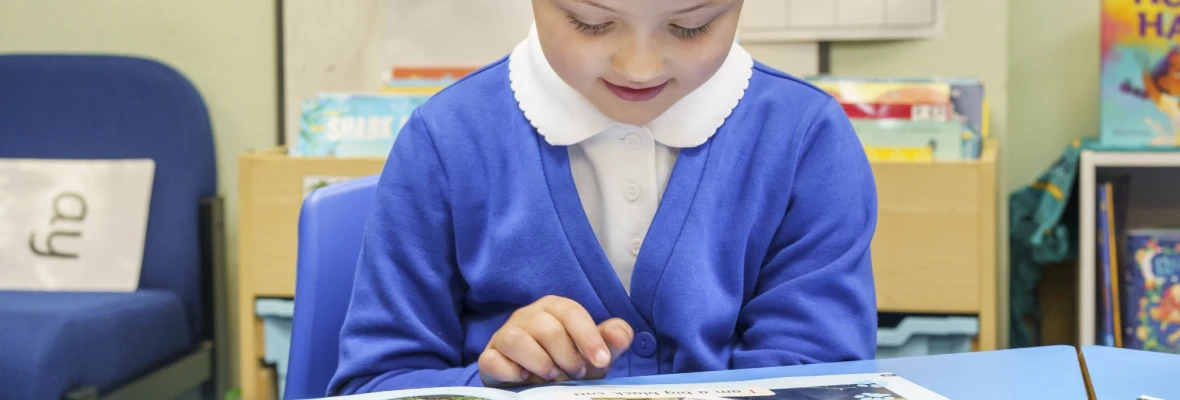
Intent
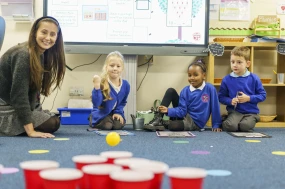
Every child in our school is recognised as individual and unique; it is our aim to help them become the ‘best that they can be’. Our curriculum has been designed to ensure that all of our pupils are given the opportunities to excel regardless of their starting points or background. We place high value on children leaving with the self-belief and confidence to follow their dreams and aspirations; a life-long desire to learn; feelings of pride in each achievement and be equipped with the knowledge and skills they need to live happy and successful lives.
Our curriculum is broad and ambitious, with a focus on developing confident, independent learners, who have a passion for learning and are ready for the next step in their education. We engage our pupils through “Big Idea enquiry questions”, with subject specific knowledge and skills that build; theme on theme, year on year. This knowledge-rich approach to learning takes our pupils beyond their own contexts and experiences, allowing them to gain a deep understanding of the world around them. By maximising real life opportunities and links between learning, we provide all children with a creative and wide ranging learning experience. Through this approach we aim for all children to embed knowledge and master new knowledge and skills in a range of contexts.
Along with high academic standards, our school values are central to our intent: respect, achievement, forgiveness, trust, safety and friendship. Serving a predominantly white-British population of East Leeds, we aim to expose our pupils to a diverse range of cultures to encourage inclusion and a greater multicultural awareness. We place great emphasis on nurturing children’s spiritual, moral, social and cultural understanding alongside the development of British Values. Ultimately, our curriculum is designed to ensure pupils develop a rich cultural capital and become confident, caring citizens of the world who can play a positive and active role in modern society.
Implementation
Our curriculum has been constructed in a way to ensure that learning is sufficiently deep and connections are made throughout the sequence. Our curriculum drivers are History and Geography, which alternate each half term. All subjects are taught within their own right, with links being made when appropriate, ensuring learning is sufficiently deep.
Subject leadership
The role of the Subject Leader is pivotal in the successful implementation of our curriculum. Each curriculum subject has a dedicated leader who systematically plans the curriculum design, delivery and impact in their subject with the support of SLT, alliance networks and colleagues at our feeder secondary school. Subject leaders and leaders at all levels regularly review and quality assure their subject area to ensure coverage, breadth and balance. Regular opportunities are provided to continually develop in their own subject knowledge, expertise and practical skill so they can support curriculum development and their colleagues throughout school. As a school, we make a conscious effort to engage with drivers that will enable further development and excellence in specific areas, e.g. we have been awarded the Science Quality Mark.
WOW Afternoons / The Big Idea
Each Geography and History curriculum theme begins with a WOW afternoon where the ‘Big Idea’ is introduced. The aim of this is to provide the purpose and context to the ideas behind ‘why’ we are focusing on the particular enquiry question. Each WOW afternoon involves introducing key vocabulary linked to the learning sequence. This supports all children, regardless of background and prior experience, to access key knowledge, ensuring they are ready for the next sequence of learning. Using creative and engaging experiences, children become immersed in the Big Idea right from the beginning. Ultimately, this inspires thought, promotes questions and gives all children the motivation and aspiration to find out more.
Planning
Our curriculum is strategically mapped out to ensure pupils acquire and retain knowledge, vocabulary and skills in a well-planned sequence of lessons that allow for concept connections. The Big Idea enquiry questions are carefully sequenced across the phases to ensure pupils acquire the knowledge and skills needed for them to be successful in their next stage of learning. New learning is based upon what has been taught before and links are made in and between subjects over time, ensuring subject depth, coherence and progression. These meaningful links help to fully embed concepts into pupils’ long term memory.
Within individual subjects, Subject Leaders clearly define the sequence of learning. The first lesson within a unit of learning begins with revisiting prior learning to provide a context upon which they can integrate their new knowledge. Knowledge Retrieval Grids are used at the beginning of every lesson to review prior learning, ensuring all children have the key knowledge needed to be successful in that lesson. Ultimately, this supports children to strengthen memory and retention of key knowledge.
The teaching of reading is fundamental to our curriculum, and core texts are identified for each year group. Our reading spine makes careful links to themes where appropriate, drives our PSHE curriculum, and non-fiction texts are readily used for the wider curriculum. This allows for a smooth transfer of skills from English lessons into wider subjects, giving learning a real meaning. Key vocabulary is interwoven within all lessons and builds on prior learning.
Knowledge organisers are used in Science, History and Geography to shape the revisiting of concepts and make connections across the curriculum. These are created by Subject Leaders alongside the Curriculum Lead and include key knowledge for a particular subject area, as well as taking into account prior learning and vocabulary.
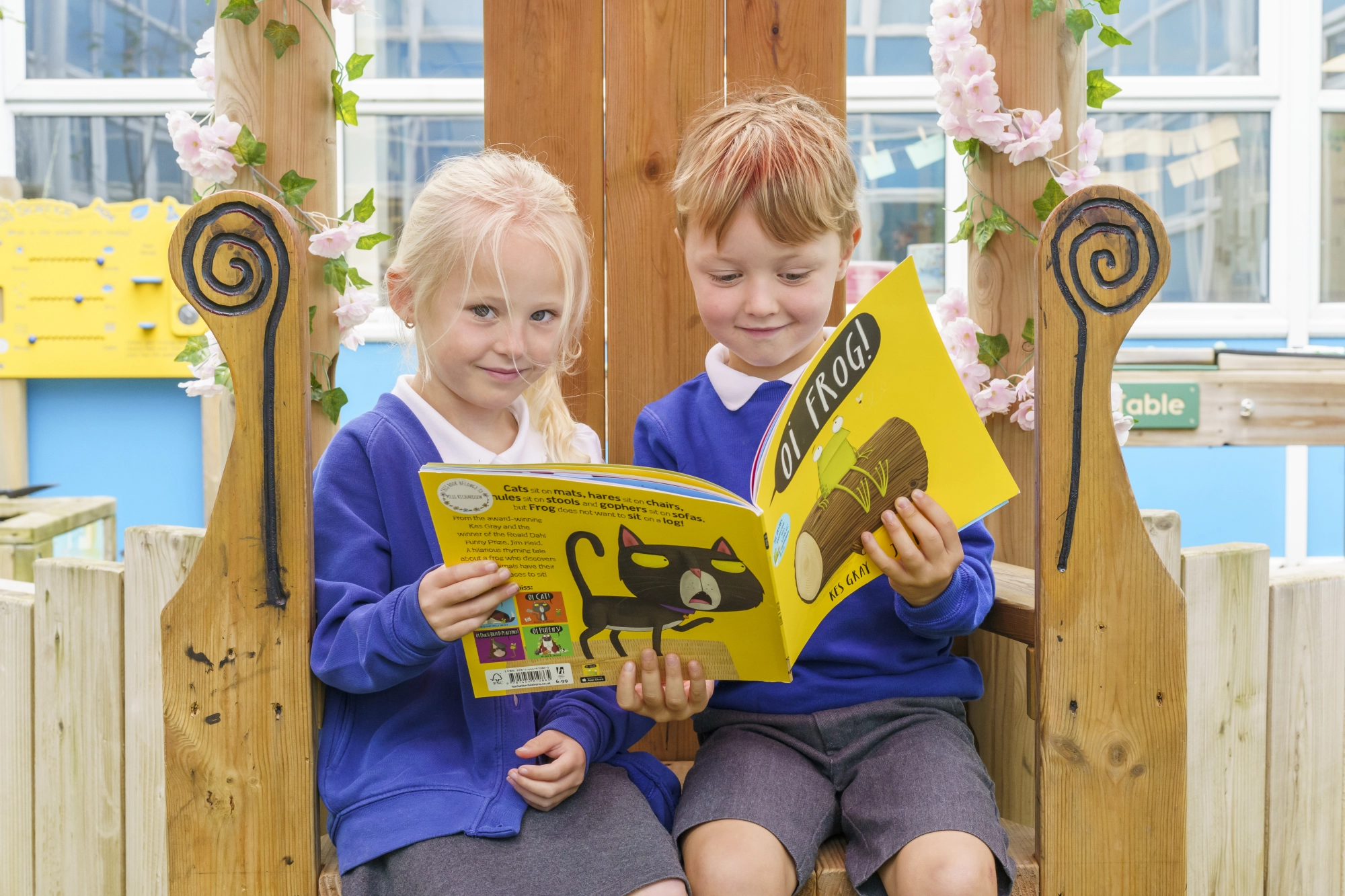
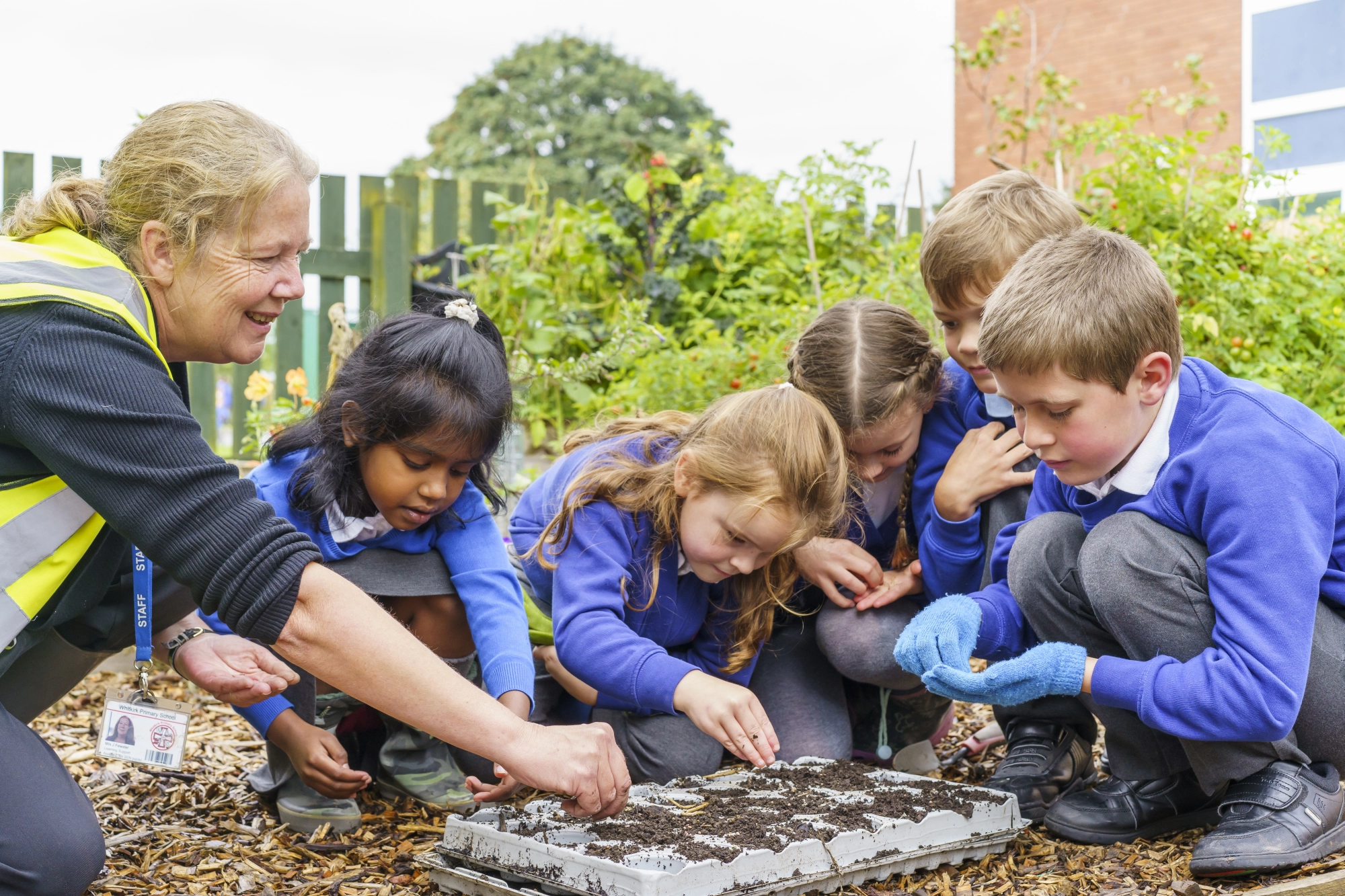
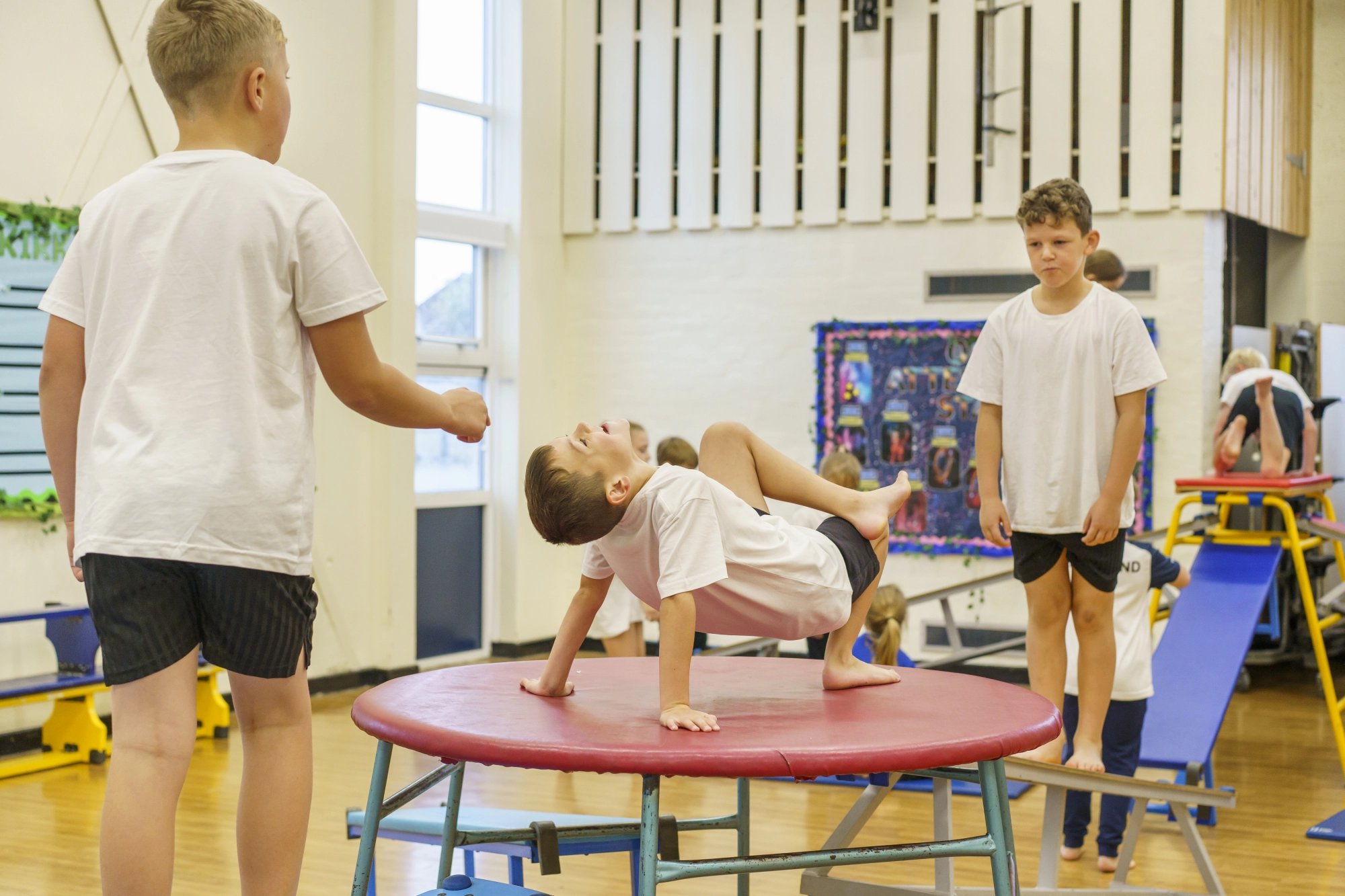
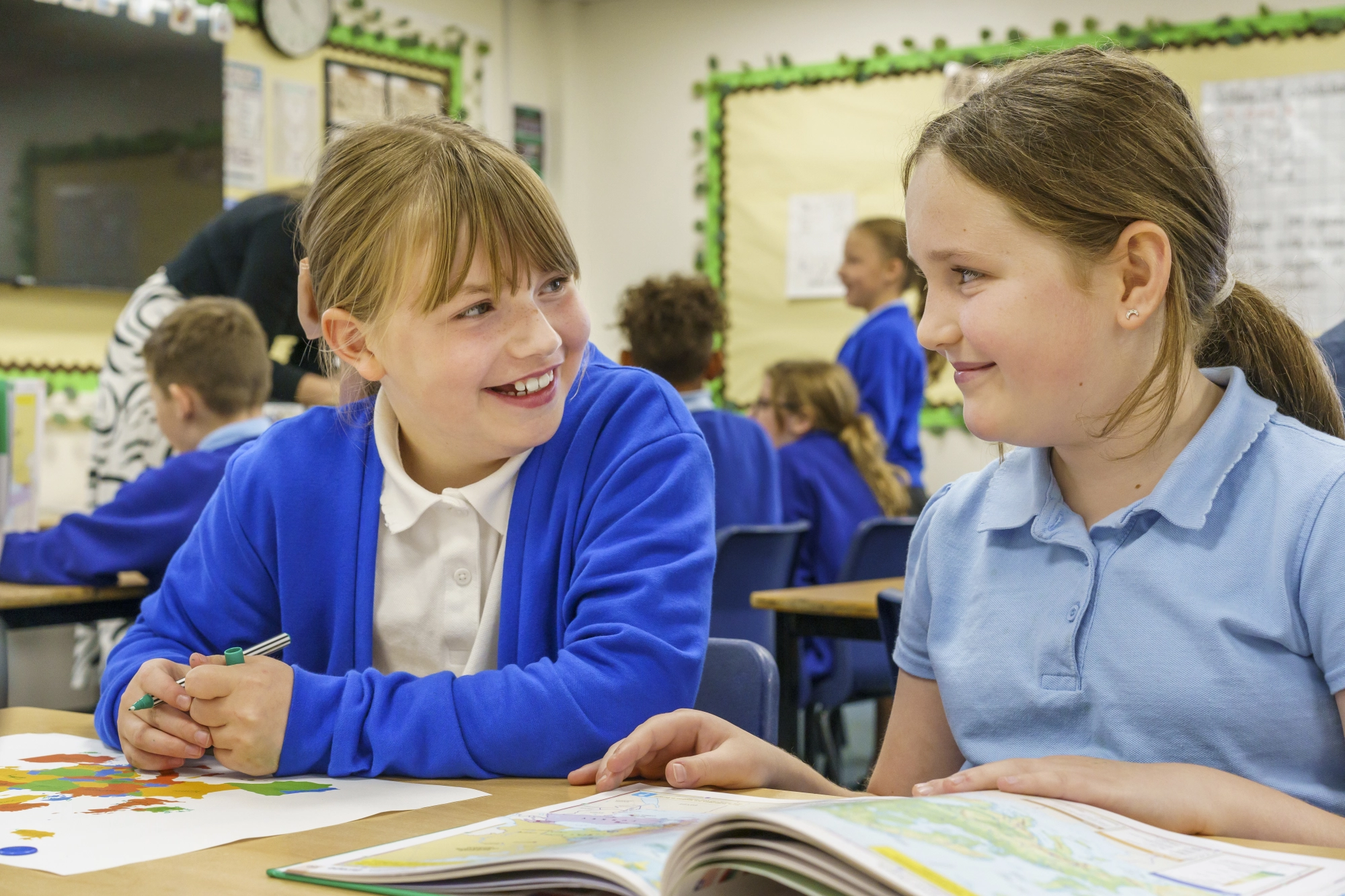
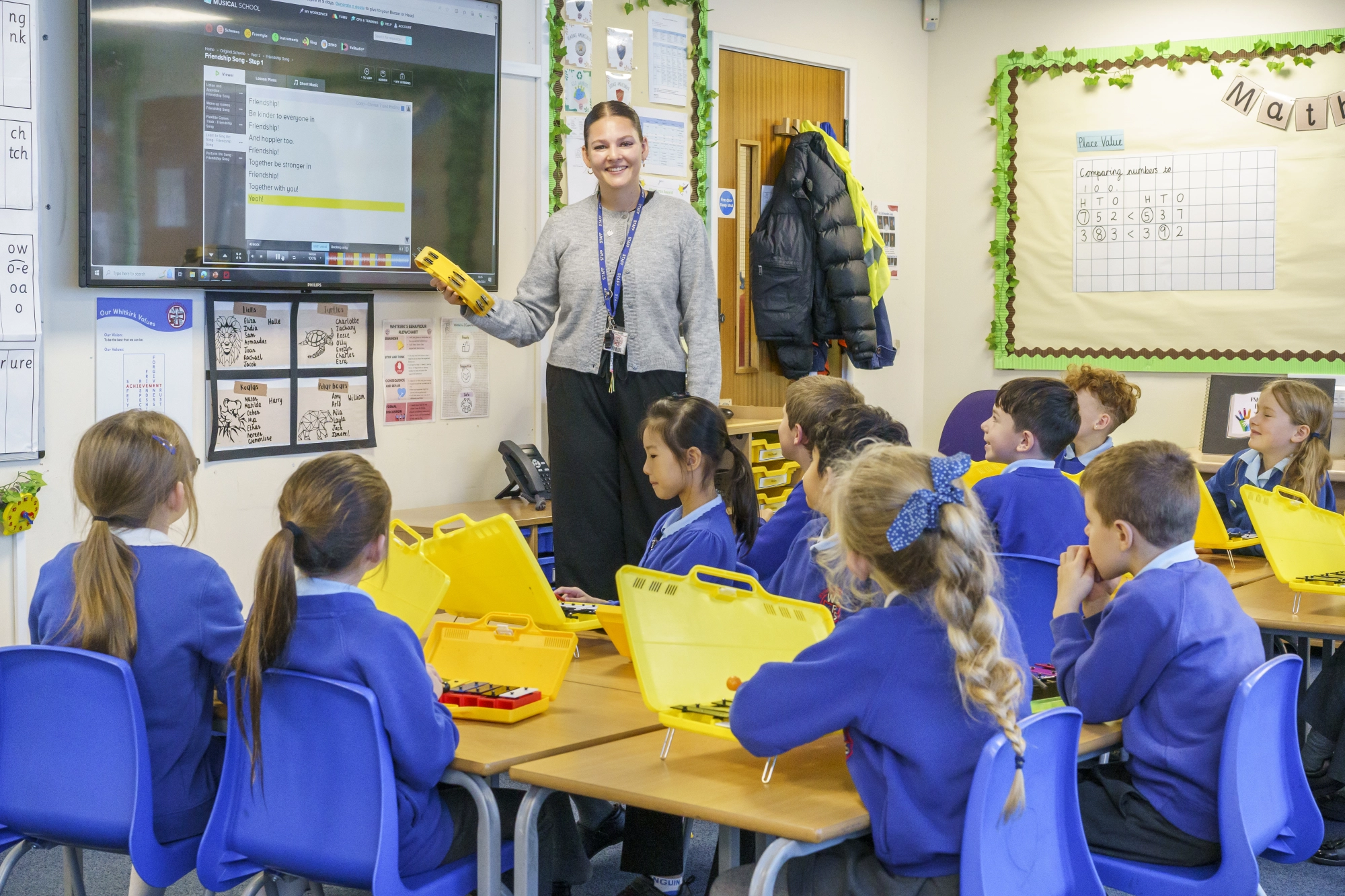
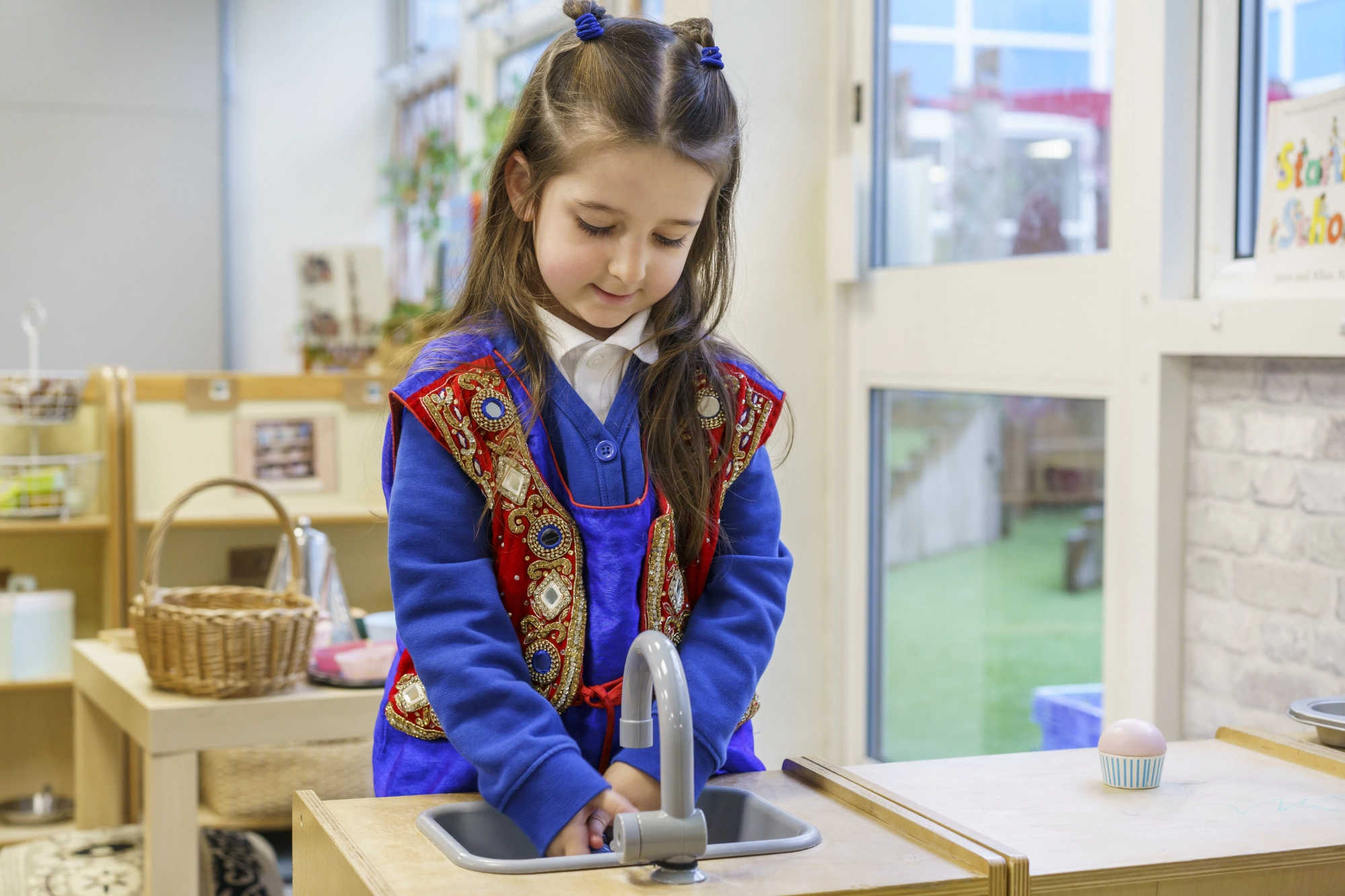
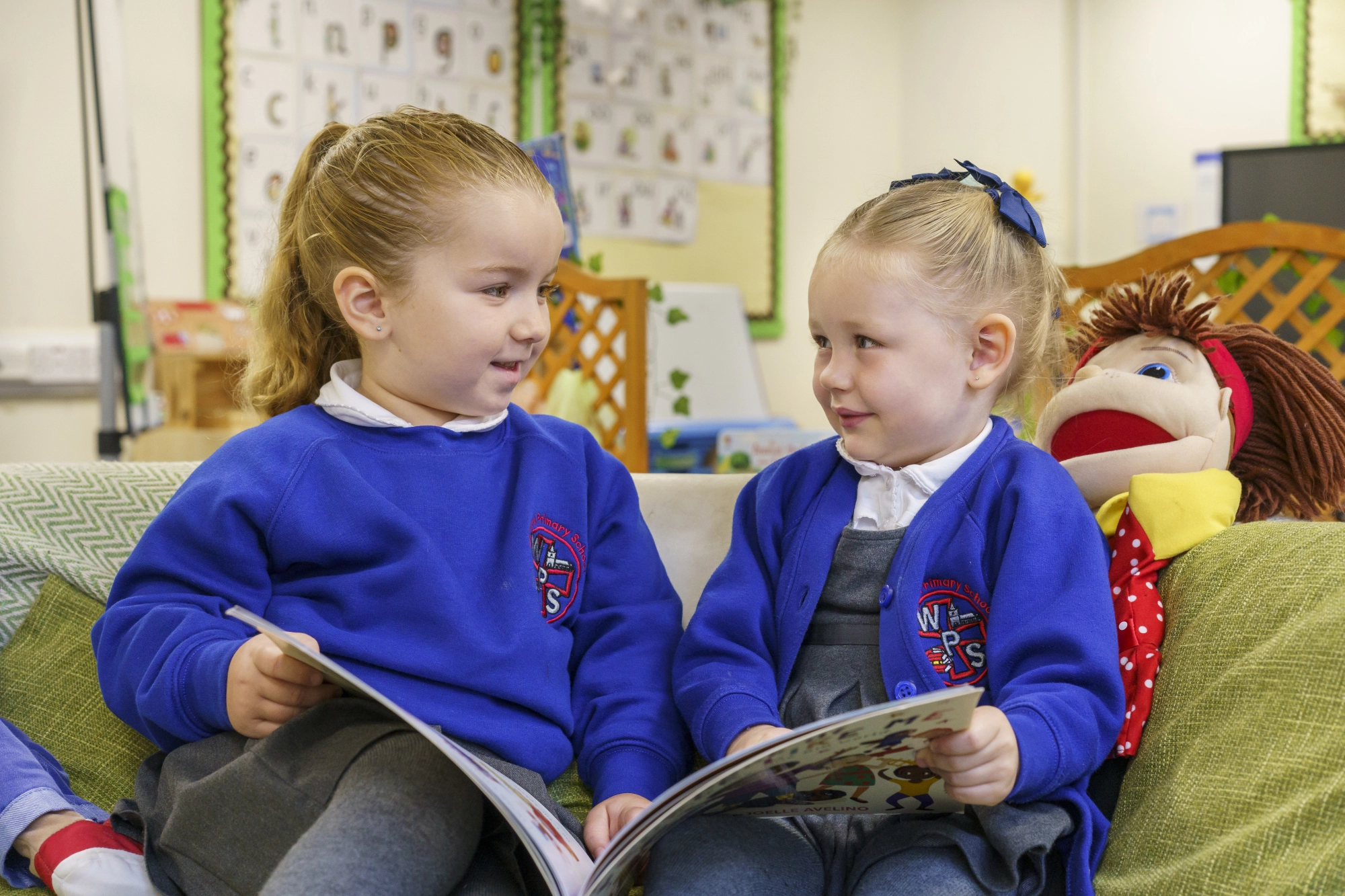
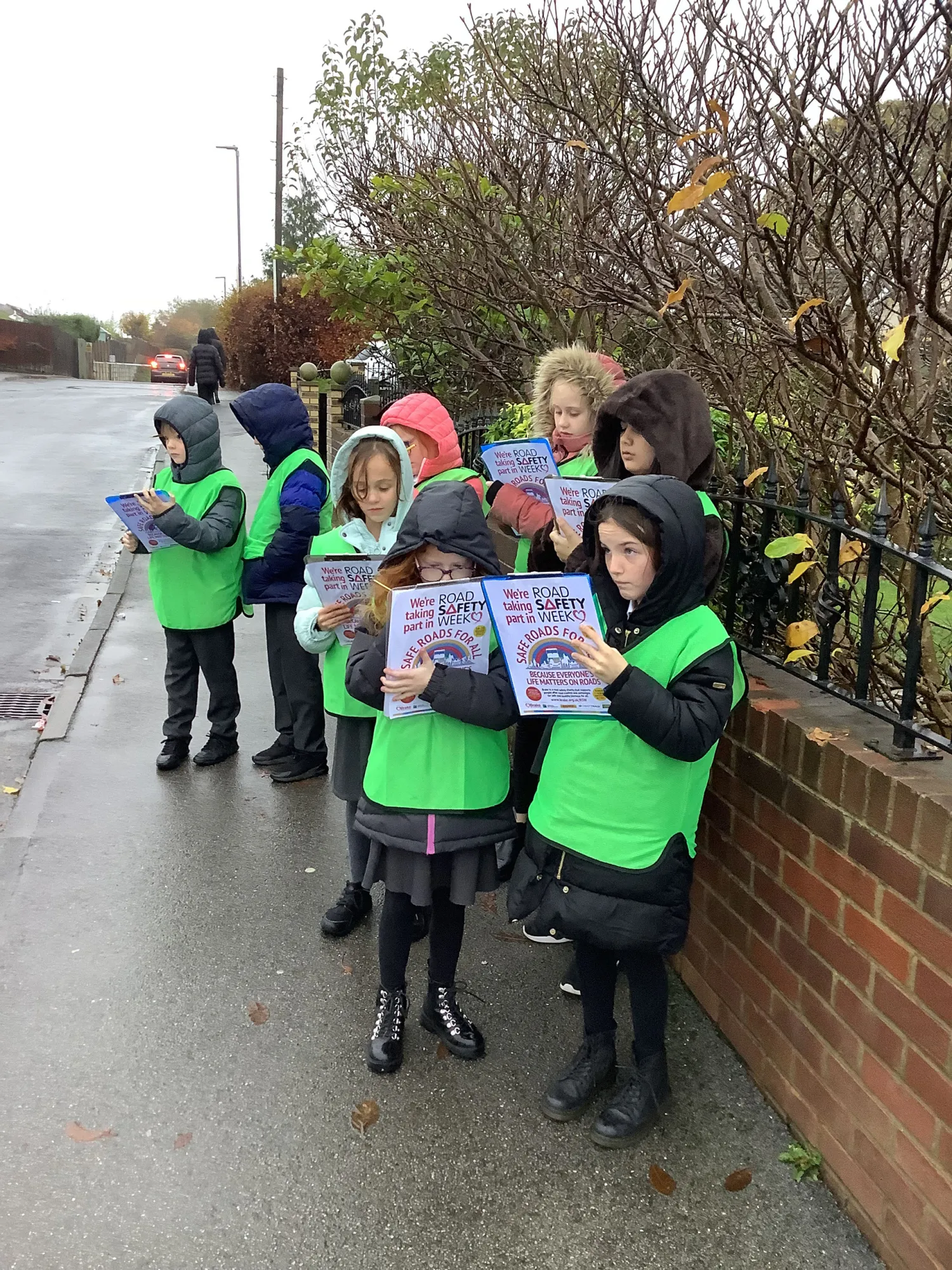
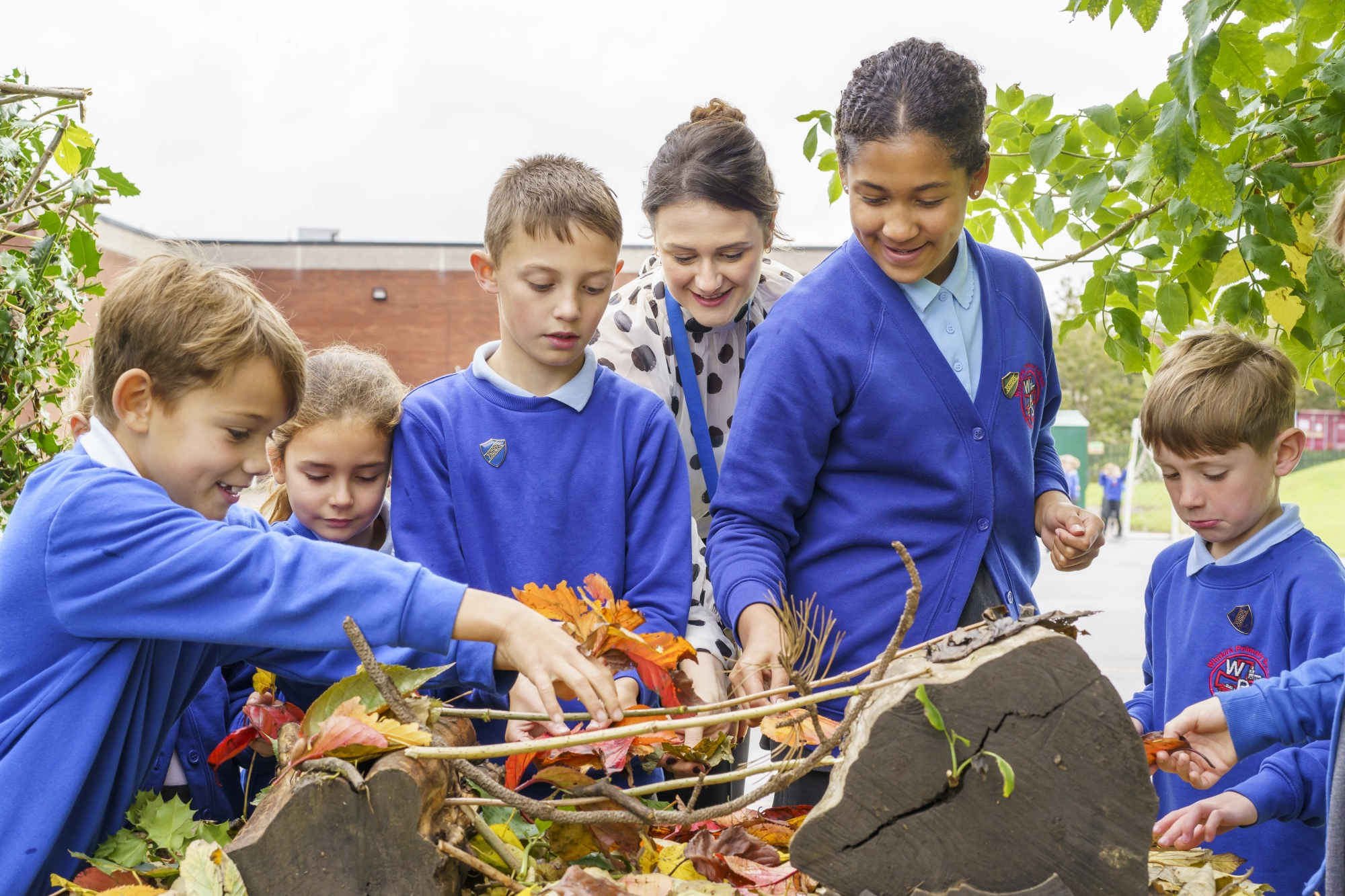
Building Cultural Capital
Through our curriculum, we aim to expose our pupils to a diverse range of cultures to encourage inclusion and a greater multicultural awareness. These themes are taught explicitly through PSHE, R.E, History lessons and assemblies, but we also use a ‘hidden curriculum’ of experiences to engage and enrich their education whilst building knowledge cumulatively throughout the child’s educational journey. This includes the texts we select as part of our reading spine (The Boy at the Back of the Class, Wonder, Journey to the River Sea in KS2), and the artists that we study in Art and Design (a range of local artists, but also European and International artists).
Educational visits / visitors
Our curriculum goes beyond the experiences of the classroom to ensure that pupils are exposed to the richest and most varied first hand experiences that we can provide. We benefit from the rich history and geography of our local area by embedding our curriculum in the children’s own environment. Relevant and memorable experiences are developed for each theme, such as our WOW afternoons, visits, visitors, fieldwork and residential visits.
Assessment
Assessment and retention of learning is used routinely in classrooms to inform teaching sessions and sequencing with both knowledge acquisition and application being well balanced. The curriculum is planned and taught rigorously, supporting children to deepen their understanding of key knowledge and skills so that they can be recalled and applied in varied contexts. Regular low stakes tests and retrieval activities are used to strengthen memory and retention of key knowledge, e.g. the use of Knowledge Retrieval Grids at the beginning of a lesson. This responsive assessment process is used to determine whether pupils are ready to move to the next sequence in the planned lessons and if barriers need to be addressed. End of unit assessments are completed in Geography, History and Science and are used to address any gaps in key knowledge.
Impact
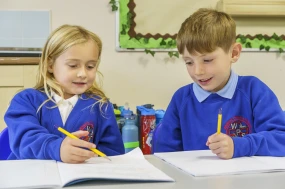 The impact of our school’s curriculum can be seen through the outcomes of all groups of pupils and the work they produce. We expect that:
The impact of our school’s curriculum can be seen through the outcomes of all groups of pupils and the work they produce. We expect that:
- All children make good progress from their individual starting points academically, emotionally, creatively, socially and physically.
- Children make connections within and across subjects to ensure knowledge is retained and continually built on.
- Key concepts are secured and developed through revisiting so that children attain highly and are fully prepared for secondary school.
- Key vocabulary is developed and used confidently by children in a range of contexts, both written and verbal.
- Children take pride in all that they do, are motivated to do their best and have confidence in their own abilities.
- Children listen respectfully and with tolerance to the views of others.
- Children demonstrate emotional resilience and the ability to persevere when they meet challenge.
- Children demonstrate inclusive attitudes and have a sense of their role in the wider society.
This is demonstrated through the use of a variety of monitoring and assessment methods to determine whether pupils have achieved this at specific points during their education at Whitkirk. The monitoring schedule includes quality of teaching and learning, book reviews and pupil voice discussions which are all used to assess the impact of the curriculum. This triangulation is used to assess whether pupils have been taught the key knowledge and if they have retained this in order to ascertain that learning has taken place.
